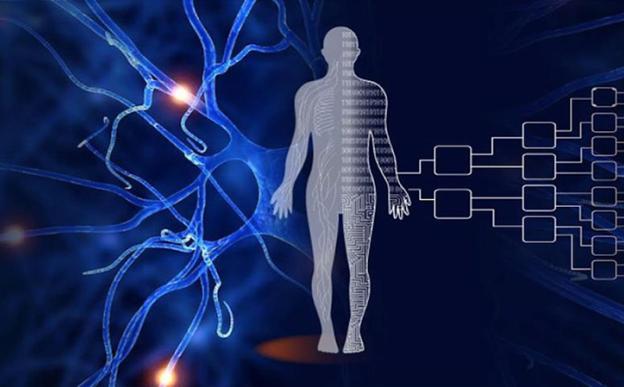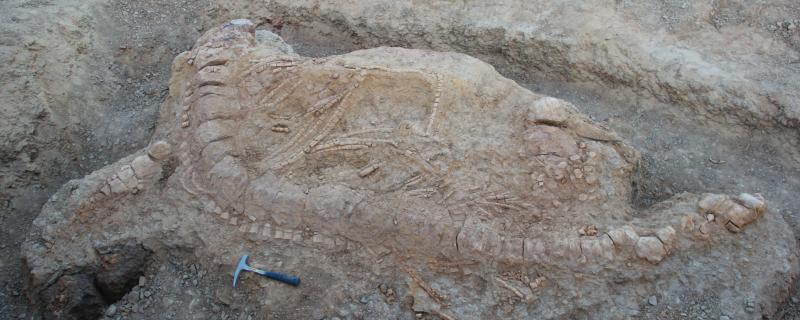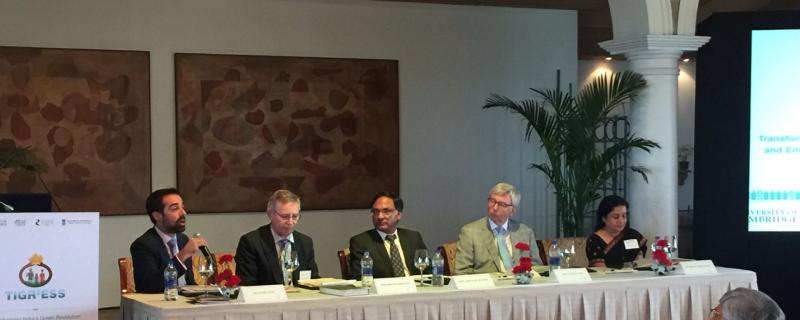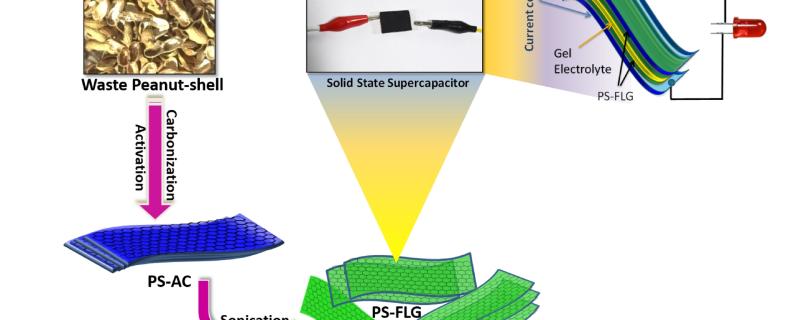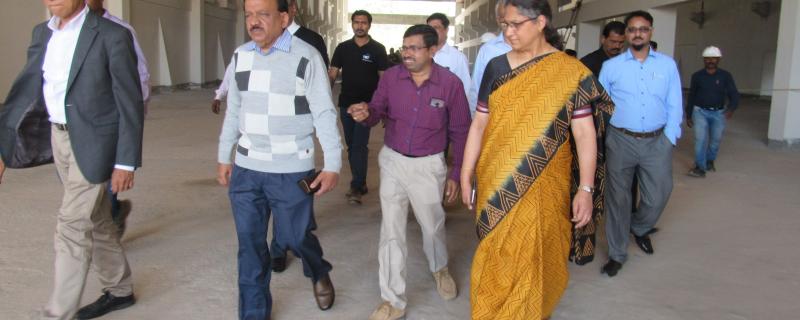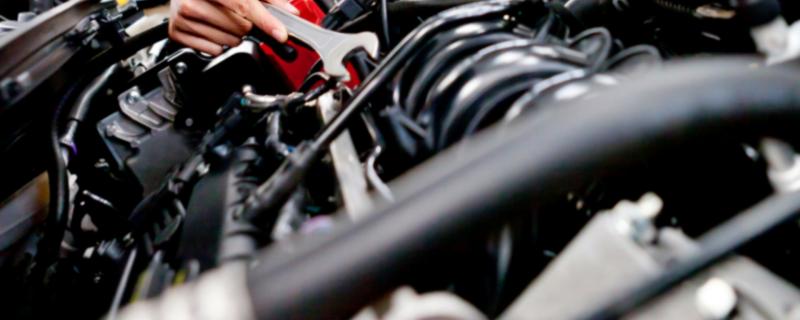ಗೆದ್ದಲು ಅಂದರೆ ಸಾಮಾನ್ಯವಾಗಿ ಎಲ್ಲರೂ ಪೀಠೋಪಕರಣ, ಬಾಗಿಲು ಕಿಟಕಿಗಳನ್ನು ಹಾಳುಗೆಡವುವ ಕೀಟ ಎಂದುಕೊಳ್ಳಬಹುದೇನೋ. ಆದರೆ, ಕೆಲವು ಬಗೆಯ ಗೆದ್ದಲುಗಳಿಗೆ ಸಿಗಬೇಕಾದ ಮೆಚ್ಚುಗೆ ಸಿಕ್ಕಿಲ್ಲ ಎಂಬುದು ಸತ್ಯ. ಏಕೆ ಗೊತ್ತೇ? ಅವು ಭೂಮಿಯ ಮೇಲಿನ ಮೊದಲ 'ರೈತರು' ಎಂಬುದು ಸಂಶೋಧನೆಯೊಂದರಿಂದ ಕಂಡುಬಂದಿದೆ; ಕೆಲವು ಬಗೆಯ ಗೆದ್ದಲುಗಳು, ತಮ್ಮದೇ ಆದ ಆಹಾರವನ್ನು ಬೆಳೆಯುತ್ತವೆಯಂತೆ! ಅವುಗಳ ತೋಟಗಳು ನಮ್ಮ ತೋಟಗಳಂತೆ ಇರುವುದಿಲ್ಲ ನಿಜ; ಆದರೆ ಆಹಾರಕ್ಕಾಗಿ ತಮ್ಮ ಗೂಡುಗಳಲ್ಲಿ ವಿವಿಧ ಬಗೆಯ ಶಿಲೀಂಧ್ರಗಳನ್ನು ಬೆಳೆಯುತ್ತವೆ. ಪ್ರತಿಯಾಗಿ, ಆ ಶಿಲೀಂಧ್ರಗಳ ಬೆಳವಣಿಗೆಗೆ ಸಹಾಯವಾಗಲೆಂದೇ ಹಲವು ಪದಾರ್ಥಗಳನ್ನು ಪೂರೈಕೆ ಮಾಡುತ್ತಾ ಪರಸ್ಪರ ಸಂಬಂಧವನ್ನು ಸುಲಲಿತಾಗಿ ನಿರ್ವಹಿಸುತ್ತವೆ.
Archives
For the first time ever scientists discover the skeleton of the ancient marine reptile, Ichthyosaur, in the Kachchh basin of Gujarat.
Professor Ashutosh Sharma, Secretary, Department of Science and Technology and Department of Biotechnology, India and Professor Stephen Toope, Vice-Chancellor, University of Cambridge, along with other researchers from the University of Cambridge and from various Indian research institutions met today in New Delhi to formalise the launch of TIGR2ESS – an acron
Graphene is called the ‘wonder material’ due to its electrical and mechanical properties and is now evolving as an alternative to conventional energy storage devices like batteries and supercapacitors. Researchers from Institute of Nano Science and Technology (INST), Mohali, use peanut shells to manufacture high-quality graphene nanosheets.
Researchers from Indian Institute of Technology Indore, Indore have developed shape controlled cobalt ferrite nanoparticles, which can be used to accurately measure the humidity of a region.
Whales are magnificent creatures. Not only are they the some of the largest mammals on the planet, they also have the longest mammal migrations. Why and how do whales migrate? And what are some of the challenges they face on the way?
Dr. Harsh Vardhan, Hon’ble Union Minister for Science and Technology, Environment, Forest and Climate Change and Earth Sciences, Govt. of India visited the Centre for Research and Education in Science and Technology (CREST), Indian Institute of Astrophysics (IIA) at Hosakote. He was welcomed by Prof. P Sreekumar, Director of IIA and Prof.
Humans have always been fascinated by symmetry. Many celebrated works of art are appreciated for their symmetry, such as the Vitruvian Man by Leonardo Da Vinci, or Somnathpur temple above. Given the importance of symmetry in our lives, does the brain have a special way of processing symmetric objects?
Researchers from Indian Institute of Technology Kanpur, Kanpur have come up with a potential roadmap to control diesel engine pollution, by looking at the different techniques available to curb emissions from a diesel engine.
India is the world’s largest milk producer and it produced 140 million tonnes of milk just last year. Though we know the milk comes from bovines (cows and buffaloes), how exactly is it produced in mammals?
